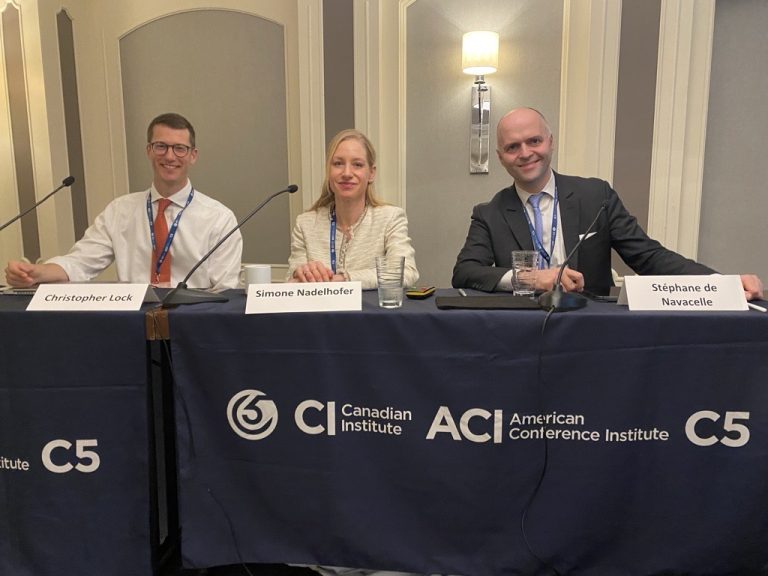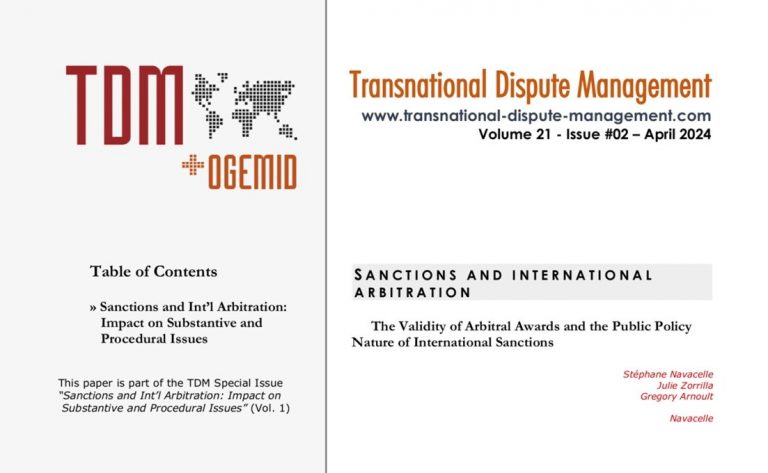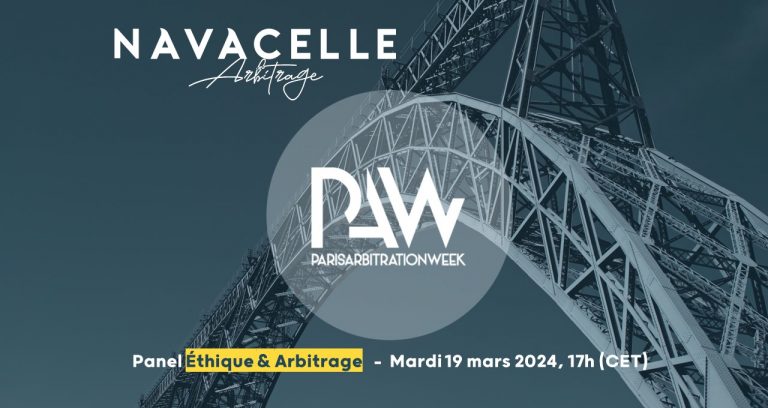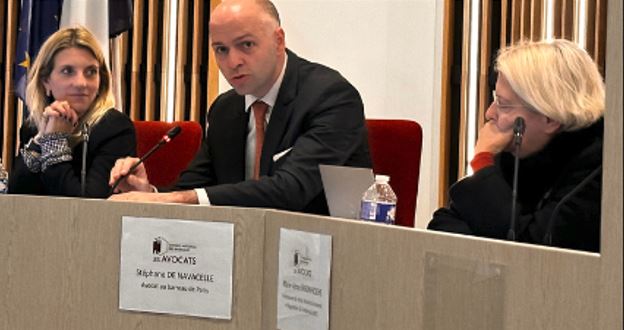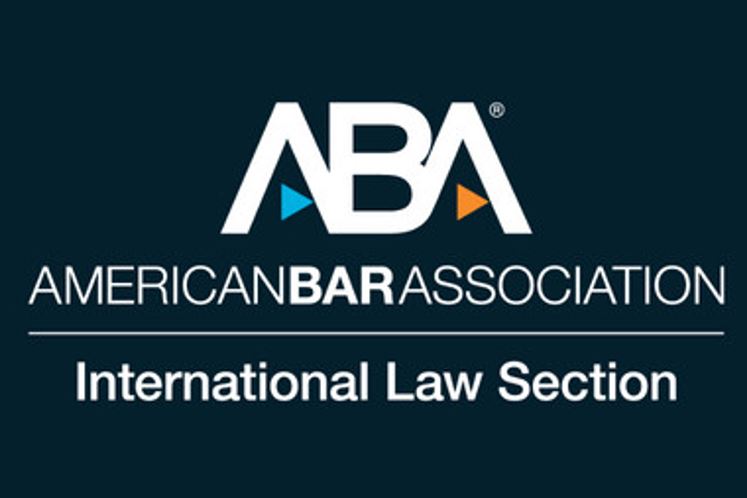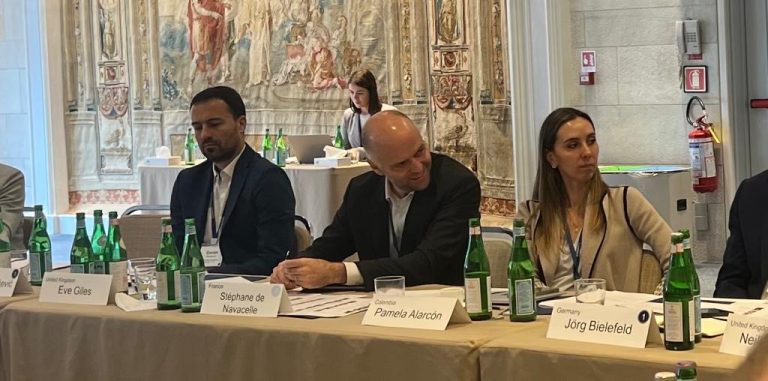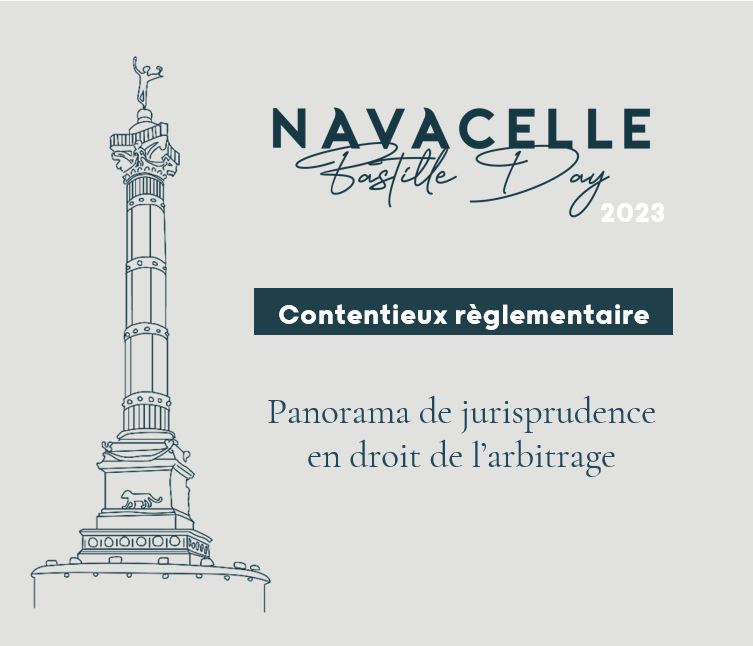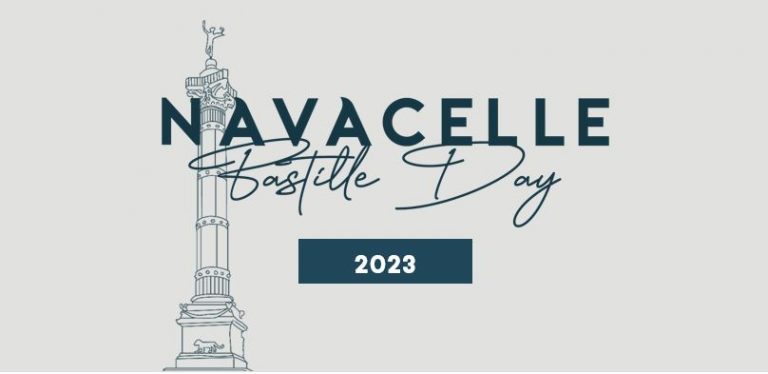Impact. – The case was referred back to the Versailles Court of Appeal, raising questions as to whether judges should carry out an extensive review regarding the veracity of allegations of fraud and corruption when deciding whether to enforce an arbitral award.
Cass. 1re civ., 29 sept. 2021, n° 19-19.769
I. A Retrospective on the Alstom Case.
The Alstom decision has been the subject of much debate due to the divergent approaches of the Swiss[1], English[2] and the French[3] courts regarding their level of review of arbitral awards when faced with corruption allegations.
The initial dispute concerned consulting contracts concluded between two subsidiaries of the Alstom group and a Chinese company Alexander Brothers (hereinafter “ABL”). The objective of the contracts was to assist Alstom in tendering for Chinese railroads. Although Alstom won all the tenders for which the consultant contracts had been signed, it refused to pay certain sums, alleging a criminal risk as these payments may have been used to bribe public officials.
As a result, in 2016, ABL filed for arbitration in Geneva before the International Chamber of Commerce. The Arbitral Tribunal rendered its award rejecting Alstom’s defense in which it argued that it had grounds to suspect corruption by ABL and ordered Alstom to pay the balance of the commissions due as it concluded that the circumstantial evidence of corruption did not meet the standard of proof required under Swiss law.
ABL obtained on 30 March 2016 an order for exequatur of the award in France, which Alstom challenged before the Paris Court of Appeal arguing that there was circumstantial evidence of corruption in the performance of the underlying contracts and that the sums paid under the award might be used to finance bribery and thus, the exequatur of such award in France would be contrary to public policy.
Following such challenge, the Paris Court of Appeal, after rendering a first award ordering the production of documents[4] and inviting the parties to file briefs regarding the allegations of corruption, rendered a subsequent decision, dated 28 May 2019, in which it overturned the order for exequatur and ruled that there was “serious, specific and consistent” evidence that the sums paid by Alstom to ABL financed and remunerated activities of bribery of public officials and thus that “the recognition or exequatur of an award which orders [the company] to pay sums intended to finance or remunerate corrupt activities was contrary to international public policy”[5].
This decision was consistent with its previous rulings[6], as it establishes a list of red flags and confirms the shift by French national courts, from a “minimalist” approach when assessing an award’s conformity to a more “in-depth” review of it, where corruption allegation are made.
Consequently, according to the Paris Court of Appeal ruling, it is for the judge, seized with an action based on a request of exequatur of an award, to investigate, in law and in fact, all the elements that make it possible to rule on the alleged illegality and to assess whether the recognition or enforcement of the award “effectively and concretely” violates international public policy[7].
II. The Overturning of the Alstom Decision of May 2019: a Possible Return to a Minimalist Control in Case of Corruption Allegations in Arbitration?
Following the decision of the Paris Court of Appeal to overturn the order for exequatur, ABL petitioned the French Supreme Court (hereinafter “Cour de cassation”). While ABL supported its appeal on three grounds of cassation, the Court only ruled on the second ground to quash and annul the decision rendered on 28 May 2019, as it considered that the evidence was distorted due to a misreading of the arbitral transcript[8].
The Court of Appeal had allegedly found in the transcript of the arbitration hearing that ABL (in the person of its director) refused to provide answers to questions regarding the obtaining of confidential documents and information, as well as questions regarding how ABL won the various tenders.
Yet, according to the Cour de cassation, the arbitration transcript show that these questions were answered and that ABL only refused to answer questions from the British authorities once the arbitration proceeding had been initiated. It thus concluded that the Court of Appeal distorted the evidence submitted by misreading the arbitral transcripts[9].
The case is consequently remanded to the Versailles Court of Appeal and this decision is already highly awaited by the arbitral community. Indeed, with the reading of the “attached grounds” (“moyens annexés”), ABL reproaches, among other things, that the Paris Court of Appeal carried out a new investigation on the merits of the case, whereas the judge should stay judge of the award and not of the case itself. It also implies that the Court failed to comply with the principle of non-revision of arbitral awards.
At a time when allegations of corruption in arbitration cases are becoming more and more frequent, the question of the nature of the control performed by the French judges before the exequatur of an award is therefore important since the effectiveness of such an award depends on it.
The decision of the Versailles Court of Appeal will not only clarify the French courts position respectively to the nature of the exercised control by judges when faced with cases involving allegations of fraud and corruption but also provide guidance to arbitrators as to the criteria to be met to ensure the effectiveness of their award.

